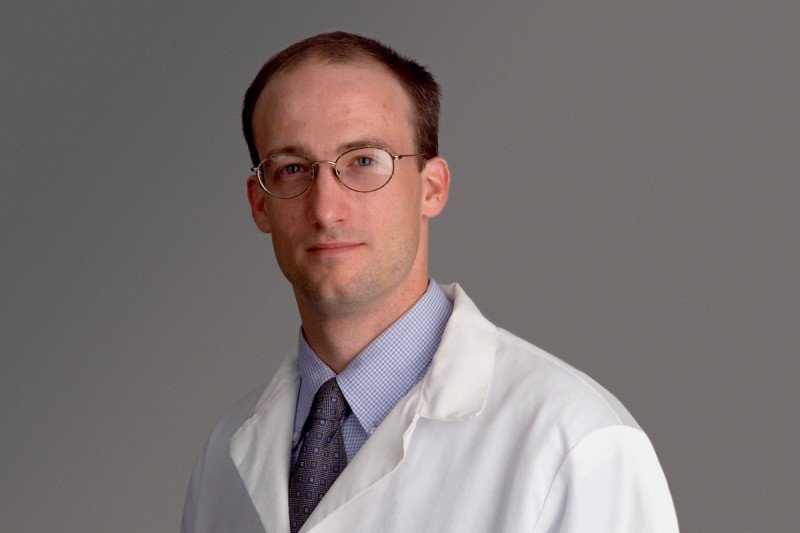
My research focuses on identifying genetic and molecular alterations associated with prostate cancer, studying molecular pathways responsible for initiating the disease and causing its progression, and developing ways to translate these findings into preclinical studies and clinical trials.
In 2010, we published the largest data set of the comprehensive profiling of prostate cancer through a multidisciplinary collaboration at Memorial Sloan Kettering. From this work, we were able to identify a number of novel genetic alterations that are currently being evaluated to determine their precise role in the biology of prostate tumorigenesis.
We are investigating the rational development of combination therapy to treat prostate cancer, particularly castrate-resistant prostate cancer. Given ample evidence that loss of the tumor suppressor PTEN leads to activation of the PI3K pathway, we have developed a number of novel therapies targeting this pathway.
We recently demonstrated that the PI3K and AR pathways cross-regulate each other by reciprocal feedback whereby inhibition of one activates the other, maintaining tumor cell survival. We showed that combined inhibition of PI3K and AR signaling caused near-complete prostate cancer regression in PTEN-deficient mouse models and in human prostate cancer xenografts. We also have developed in vitro and in vivo preclinical models of acquired resistance to combined PI3K and AR pathway inhibition and are currently exploring the mechanisms of resistance.
In collaboration with Howard I. Scher, Chief of the Genitourinary Oncology Service, we are testing combined inhibition of PI3 and AR pathways in castration-resistant prostate cancer in phase II clinical trials. I assist with trial design and secondary molecular analyses of patient specimens, with the goals of evaluating target inhibition, feedback pathway regulation, and mechanisms of resistance. We hope this model will serve as a platform for future trials investigating novel targeted therapies in prostate cancer.
Disclosures
Doctors and faculty members often work with pharmaceutical, device, biotechnology, and life sciences companies, and other organizations outside of MSK, to find safe and effective cancer treatments, to improve patient care, and to educate the health care community.
MSK requires doctors and faculty members to report (“disclose”) the relationships and financial interests they have with external entities. As a commitment to transparency with our community, we make that information available to the public.
Brett Carver discloses the following relationships and financial interests:
No disclosures meeting criteria for time period
The information published here is a complement to other publicly reported data and is for a specific annual disclosure period. There may be differences between information on this and other public sites as a result of different reporting periods and/or the various ways relationships and financial interests are categorized by organizations that publish such data.
This page and data include information for a specific MSK annual disclosure period (January 1, 2023 through disclosure submission in spring 2024). This data reflects interests that may or may not still exist. This data is updated annually.
Learn more about MSK’s COI policies here. For questions regarding MSK’s COI-related policies and procedures, email MSK’s Compliance Office at ecoi@mskcc.org.
View all disclosures